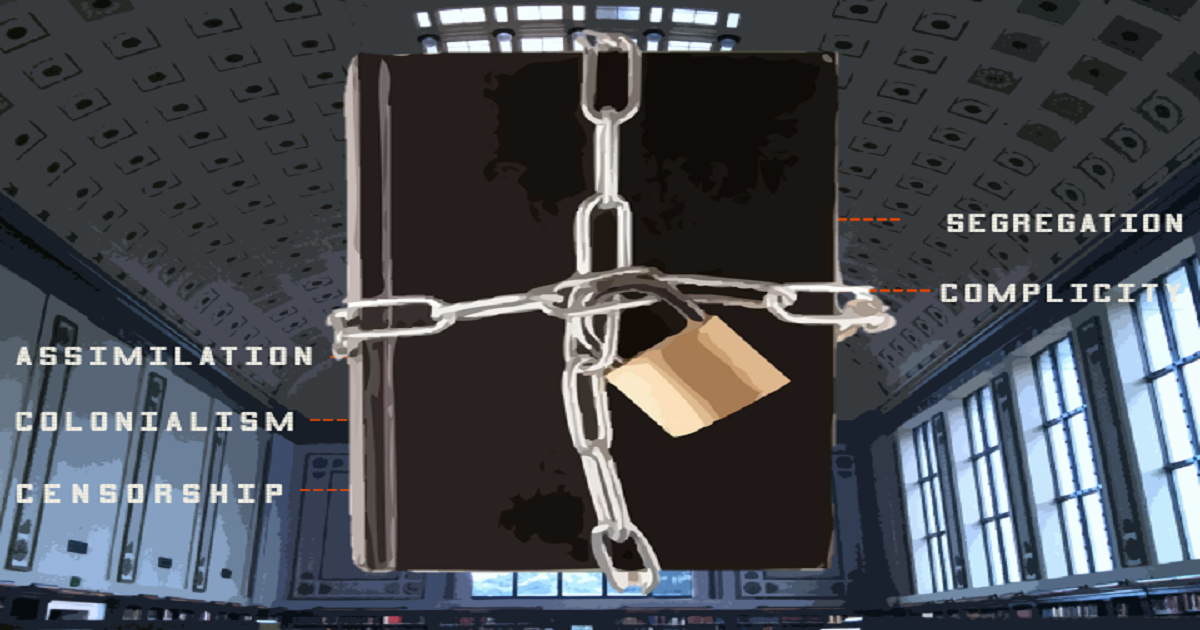3 ways to help give all students “information privilege”
eSchool News | January 14, 2019

“Access to an effective school library program is one example of information privilege. The absence of access is one symptom of information poverty.”—Joyce Valenza, On information privilege and infomation equity, December 9, 2018I had not heard of the concept of “information privilege” before reading Joyce Valenza’s thoughtful and comprehensive post last month. But it certainly seems logical. Our students come to us from a variety of situations, not just of nutritional adequacy, home stability, and family support, but also of informational access.I believe it is a primary role of the public schools to help close the gap between those who are information privileged and those who are information impoverished. This is a critical component of a culturally proficient school system. Providing good information resources and the skill to use them is both a social goal as well as an economic imperative, with fewer and fewer jobs for those without training and skills.Keep school libraries well-staffed. While “information” can be found in staggering quantities online, the skills to find, evaluate, and use these resources need to be taught by a skilled information professional—a school librarian. Sadly, these positions are often scarce in schools serving less affluent populations and are often on the chopping block whenever budget cuts are made in all schools. I find it ironic that when all signs point to information literacy being one of the most critical skills needed by our future workforce, we do not give a high priority to funding the positions of those who help develop this literacy in both students and staff.